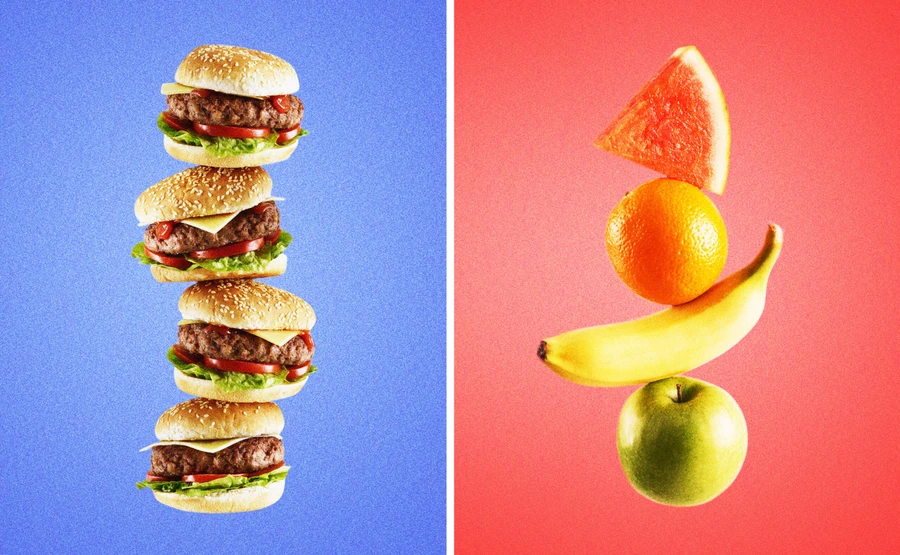Katie Couric Media: Hunger Games: How Politics Perpetuate Food Inequalities
By Maya Feller
July 9, 2024
What we eat has an impact on how we measure ourselves, whether we’re aware of it or not.
We usually don’t think about food and nutrition as political issues, but they are. Politics affect what’s sold, how it’s marketed and to whom, and where it’s accessible and at what cost. We can’t separate societal norms and dominant culture from how each of us accesses food and thinks about it in relation to ourselves.
Similar to your beliefs, heritage, socioeconomic status, and so on, what we eat has an impact on how we measure ourselves, whether we’re aware of it or not. And it’s become clear that how we identify can affect how we vote.
Eating is essential for life but not everyone is afforded the same options. There’s an implicit understanding that fresh and organic superfoods are at the top of the food hierarchy, while canned or frozen foods are substandard options utilized by those who we’re conditioned to believe don’t care about their health. Wellness marketing has done an excellent job of categorizing healthy food versus junk food: Google “healthy food,” and you’ll be flooded with images of fresh fruits, vegetables, seafood, chicken, and brown rice. Yes, all of this is healthy, but it only represents one version of health, and that version doesn’t consider socioeconomic, historical, cultural, or identity factors. The most commonly referenced version of “healthy food” is not representative of the cultures and identities that make up our population. It’s no coincidence that lack of diversity is an increasingly common complaint across our entire democracy — people who identify as a part of minority groups struggle to feel seen and represented in Western governments.


Leave a Reply